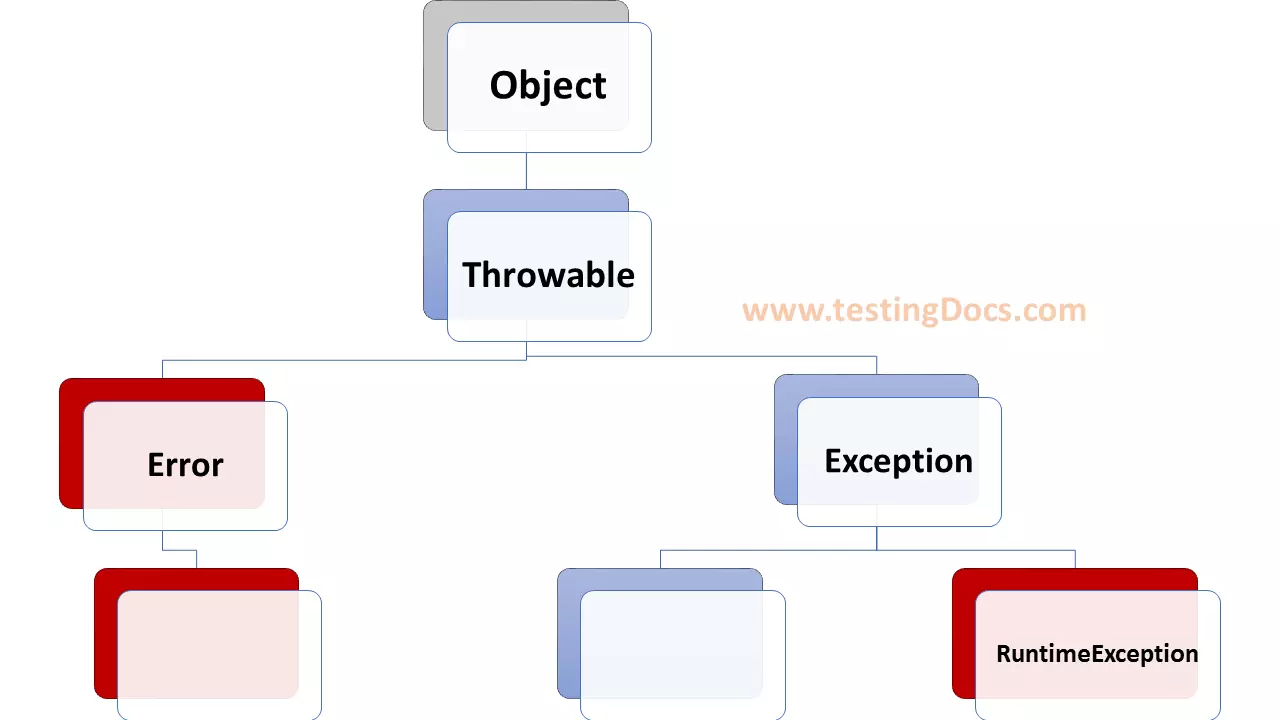Types of Java Applications
Overview
In this post, we will learn about different types of Java applications. Java is a general-purpose, object-oriented programming language. We can develop different types of Java applications.
Types of Java Applications
Some of the different types of Java Applications are as follows:
- Stand-alone Applications
- Distributed Applications
- Mobile Applications
Stand-alone Applications
Standalone applications are Java client applications that run on a single local device or computer. Broad categories are:
- Console Applications
- Desktop GUI Applications
Java Applets
Java Beans
Distributed Applications
- Web Applications
- Enterprise applications
Console Applications
Console-based Java applications are headless and do not support Graphical User Interface. These applications accept command-line arguments and are mostly used for automation and other utility programs.
Desktop Applications
Desktop applications are window-based applications with GUIs( Graphical User Interfaces) developed using AWT, Swing, and JavaFX and can be deployed to any operating system with a JVM.
Applets
Applets are special Java programs that run on Java-enabled web browsers. Applets are rich GUIs delivered and capable of running through a browser like Internet Explorer, Firefox, Chrome, etc.
Java Beans
Java Beans are reusable, self-contained, portable, and platform-independent software components that are used in reusable Java applications.
Web Applications
Java programming language can be used to develop server-side web applications. Web applications are deployed on web containers and run on web servers. ( .war files) The main technologies used are Core Java, Java Servlets, JSP( Java Server Pages), JSF(Java Server Faces), HTML, CSS, etc.
Enterprise Applications
Java Enterprise Edition(J2EE) applications are enterprise, multi-tier distributed applications. ( .ear files ) These applications are more sophisticated and complex than just serving dynamic web pages on the server. The main technologies are Core Java, EJB(Enterprise Java Beans), JDBC, JMS, Struts, Servlets, JSP, Hibernate, etc. Enterprise applications should support high-level security, high performance, and high traffic (load balancing and clustering)
Mobile Applications
Java can be used to create mobile applications. Mobile applications are applications developed using JavaME( Mobile Edition) that run on small-screen mobile devices like Android and iOS devices.
—
Java Tutorials
Java Tutorial on this website:
https://www.testingdocs.com/java-tutorial/
For more information on Java, visit the official website :






